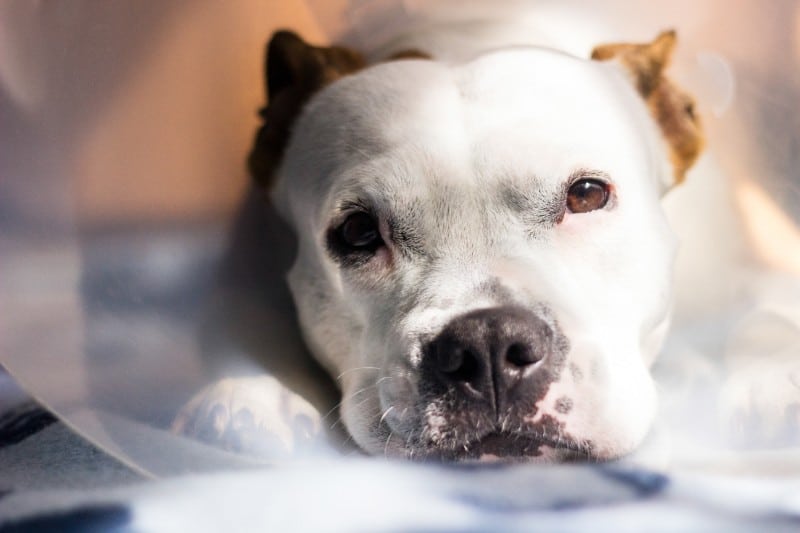Time, Patience, and TLC: Caring for Your Pet After Surgery

Most pets will need at least one surgery during their lifetime, and their full recovery depends in large part upon the care they receive once they leave the operating table. Depending on their age, overall condition, and the type of surgery performed, there will be specific requirements for at-home and follow-up care.
At Animal Medical Hospital & Urgent Care, we do our part to make sure your pet receives the best care possible and that you have everything you need to support your pet during their recovery. How you care for your pet after surgery plays an enormous role in how quickly they bounce back after any procedure, big or small.
Caring for a Pet After Surgery
As soon as your pet is discharged from our hospital, your work begins. You’ll be given detailed instructions on how to care for your pet at home, including prescriptions for pain or other medications. The period immediately following surgery is when the majority of complications occur, so adhering to your veterinarian’s instructions is critical.
- Wound care – Keeping the incision clean and dry is an important part of recovery. Make sure your pet doesn’t lick or bite at the wound. If your veterinarian has prescribed an Elizabethan collar, protective leg covering, or something similar and you need assistance, please give us a call.
- Infections – Contact us immediately if you notice any signs of infection, such as redness, swelling, discharge, or foul odor.
- Medications – Follow your veterinarian’s instructions for administering pain medication and/or antibiotics. Always finish the course of medicine (unless instructed otherwise by your veterinarian). Don’t attempt to increase, decrease, or alter your pet’s dosage or substitute any home remedies without consulting your veterinarian.
Rest and Recovery
Providing your pet with a calm, comfortable, and supportive environment is essential to at-home care:
- Your veterinarian has likely recommended a period of days or weeks of rest and confinement for your pet. Limited movement and activity is an important part of recovery. Make sure your pet has a cozy, quiet place to rest. Many pets enjoy being set up in an area that’s out of the way, but is still near the hustle and bustle of the household.
- Ensure your pet’s food and water is located in an easily accessible area. Your pet shouldn’t have to navigate obstacles, such as furniture, stairs, or slippery floors.
- If your pet has limited mobility, be prepared to help them with potty breaks by taking them out on a short leash (for dogs) or to the litter box (for cats).
- Recovering from surgery, especially during a confinement period, can get boring quickly. Talk with your veterinarian about using chew toys, food puzzles, or other ideas to provide your pet with some mental stimulation.
Caring for a pet after surgery requires planning, commitment, and a lot of empathy. Our team is always here to address any questions or concerns you might have about your pet’s health and safety. Please don’t hesitate to contact us!
